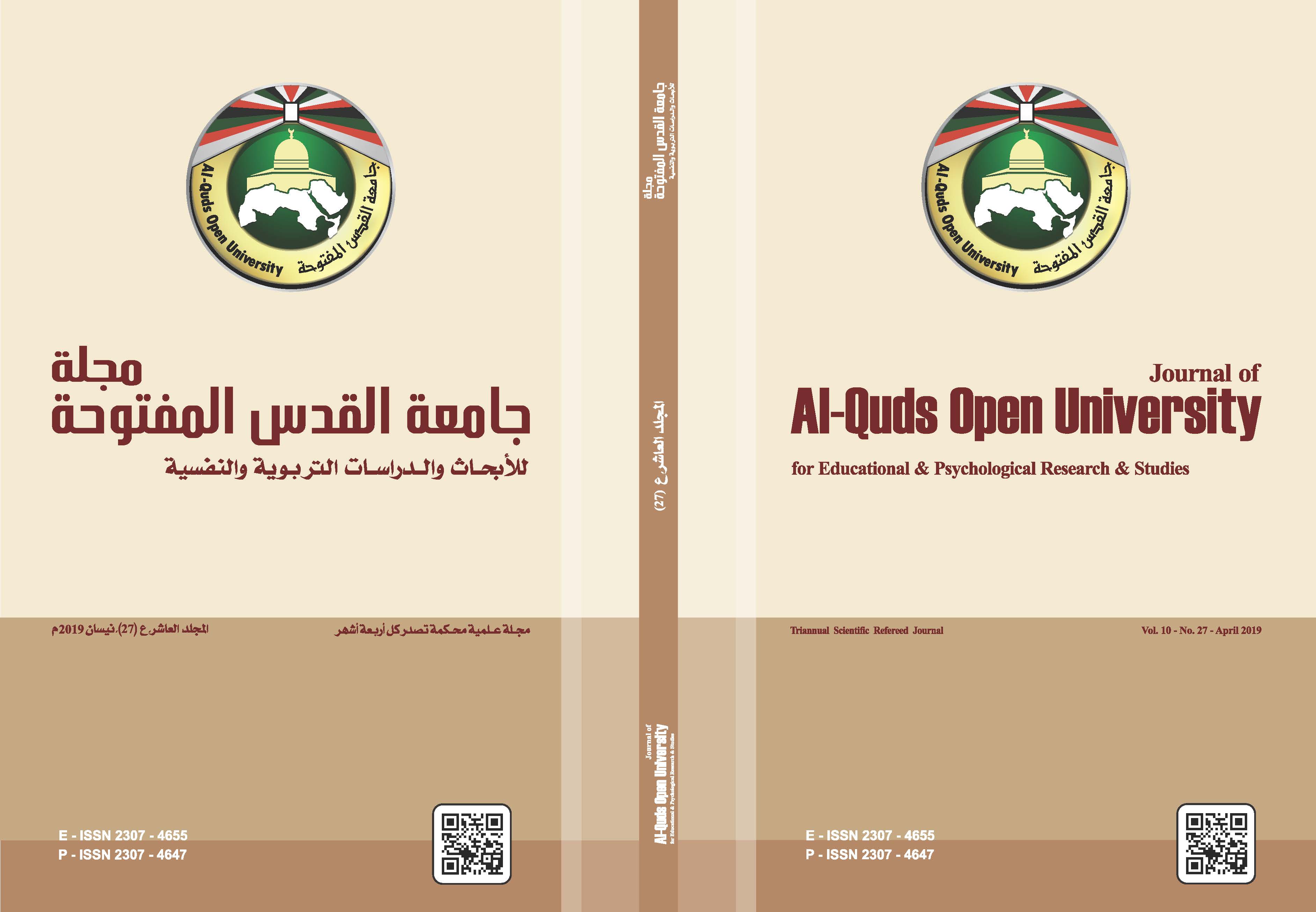Critical Evaluation Study of the Contents of Jurisprudence Courses in the Secondary Stage in the Kingdom of Saudi Arabia in light of the Concepts of Jurisprudential Differences
Keywords:
Evaluation, Criticism, Contents of Jurisprudence Courses, Secondary Stage, Jurisprudential Difference, Concepts of Jurisprudential DifferenceAbstract
The present study aims to evaluate the contents of jurisprudence courses in the secondary stage in the Kingdom of Saudi Arabia by studying and surveying the concepts of jurisprudential differences included therein.In order to achieve the objective of the study, the researcher prepared two tools: the first is a list of the concepts of the jurisprudential differences required for secondary stage students, which included five main areas; the jurisprudential issue, the evidences of the jurisprudential rules and the provisions agreed upon, the evidences of the disputed jurisprudential rules and provisions, the Shari'a rulings and the jurisprudential fatwa, including thirty two sub-concepts distributed on the five main areas. The second tool is an analysis card for the contents of jurisprudence courses in the secondary stage in light of these concepts. To achieve the study objectives, the analytical descriptive research designs was used. The study found that the total repetitions of concepts of jurisprudential differences included in the contents of jurisprudence courses in the secondary stage in the Kingdom of Saudi Arabia, according to the fields of study, amounted to 690 repetitions. The contents of the jurisprudence course in the first secondary grade included 192 repetitions, distributed onto 17 concepts in 4 areas, while the contents of the jurisprudence course in the second secondary grade included 296 repetitions, distributed onto 8 concepts in two areas, and the contents of the jurisprudence course in the third secondary grade included 202 repetitions, distributed onto 16 concepts in 4 areas. Also, the results indicated that the contents of jurisprudence courses in the secondary stage in the Kingdom of Saudi Arabia in their current status are too weak to address the concepts of jurisprudential differences, and lack of planning of integration in composition of jurisprudence courses in the secondary stage with regard to the conceptual aspect in the topic of jurisprudence difference, and enhancing it required for learners.
Downloads
Published
How to Cite
Issue
Section
License
- The editorial board confirms its commitment to the intellectual property rights
- Researchers also have to commit to the intellectual property rights.
- The research copyrights and publication are owned by the Journal once the researcher is notified about the approval of the paper. The scientific materials published or approved for publishing in the Journal should not be republished unless a written acknowledgment is obtained by the Deanship of Scientific Research.
- Research papers should not be published or republished unless a written acknowledgement is obtained from the Deanship of Scientific Research.
- The researcher has the right to accredit the research to himself, and to place his name on all the copies, editions and volumes published.
- The author has the right to request the accreditation of the published papers to himself.







2.png)






_2.png)

